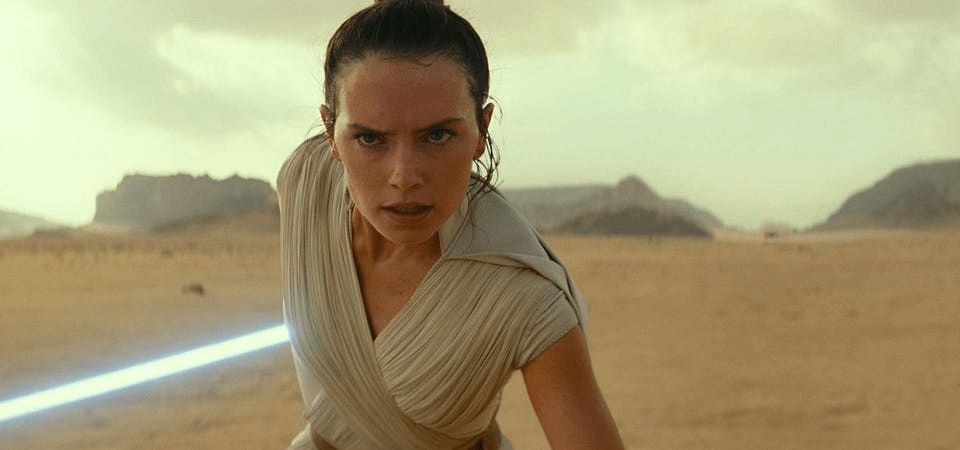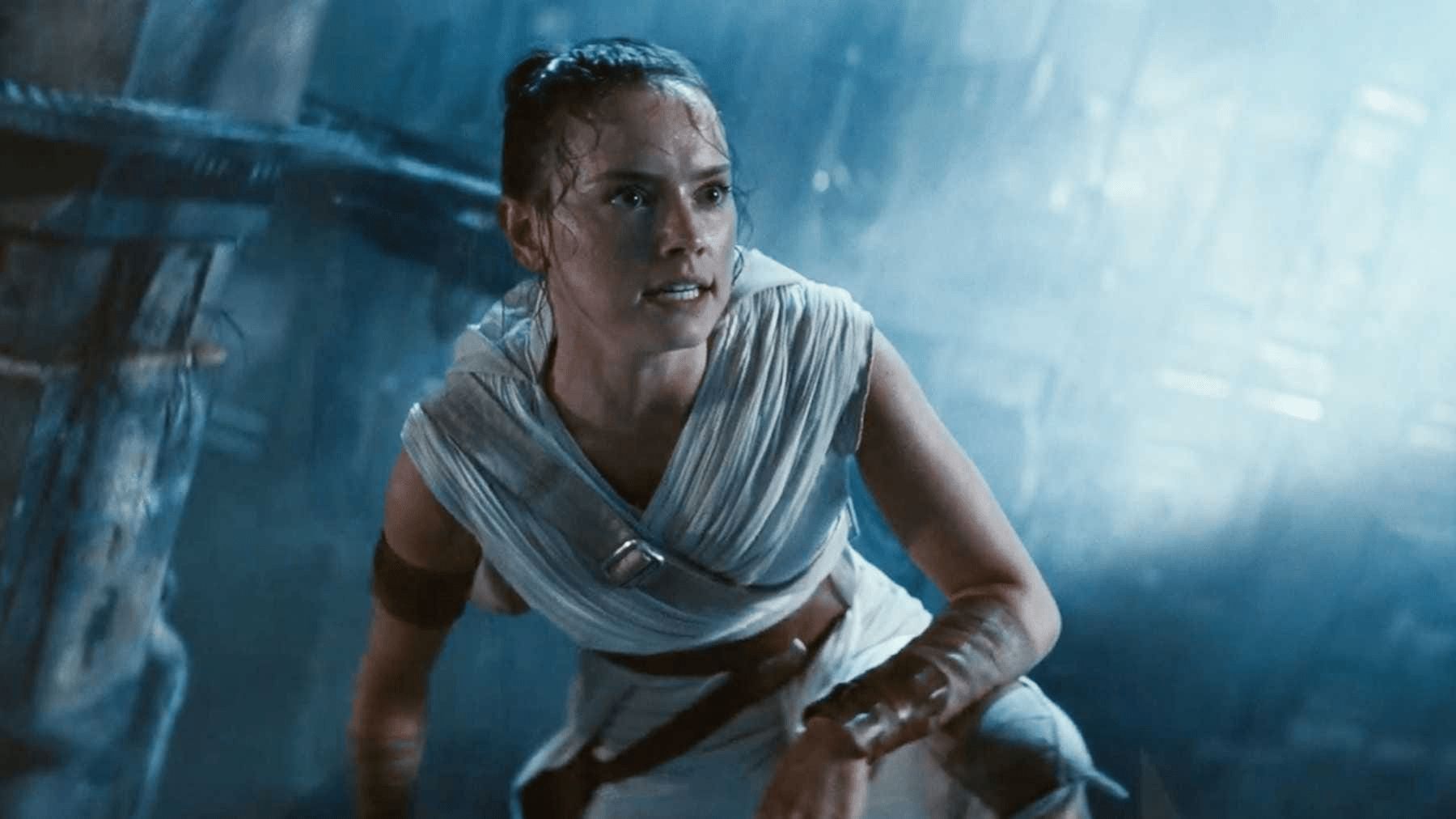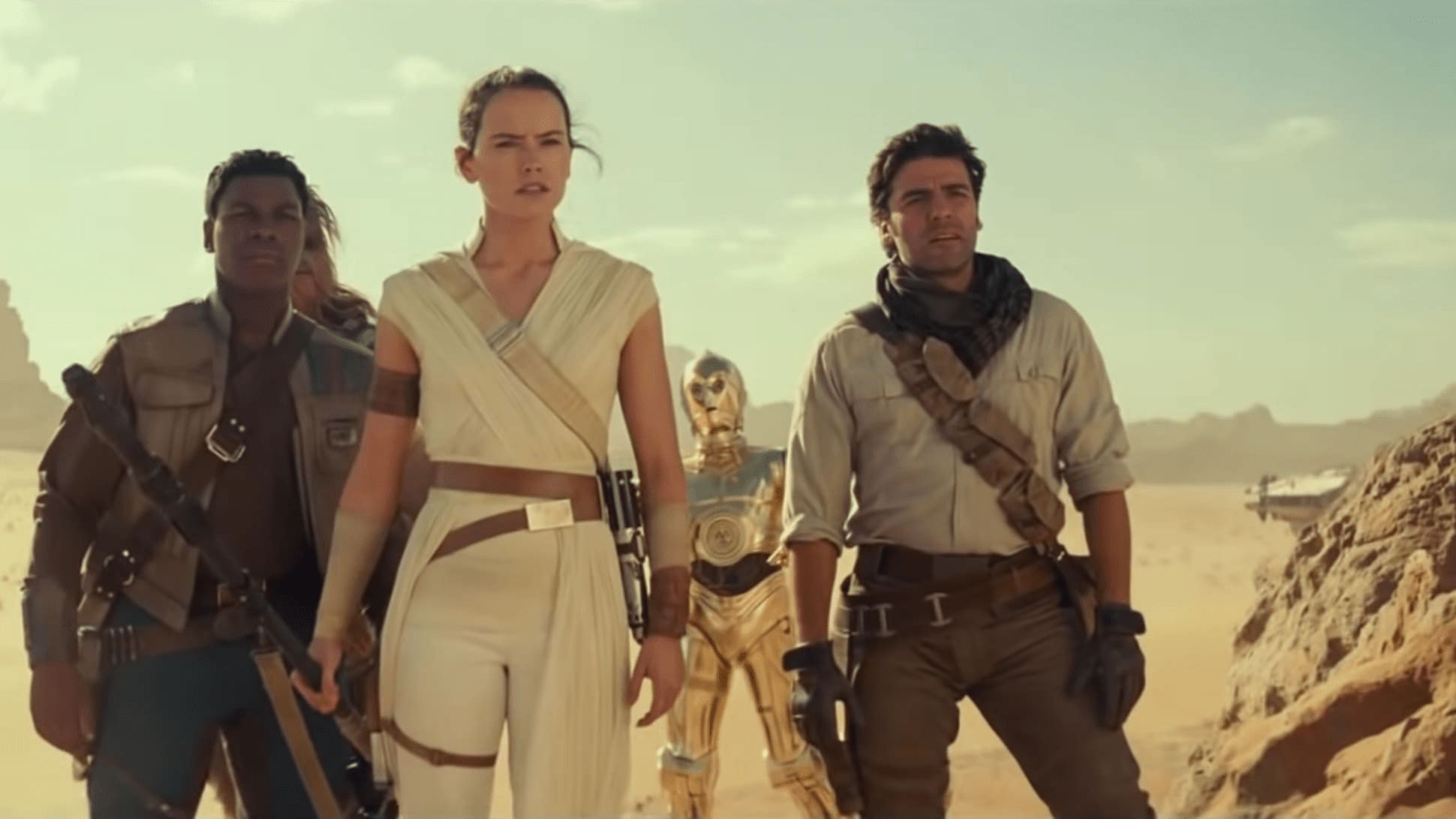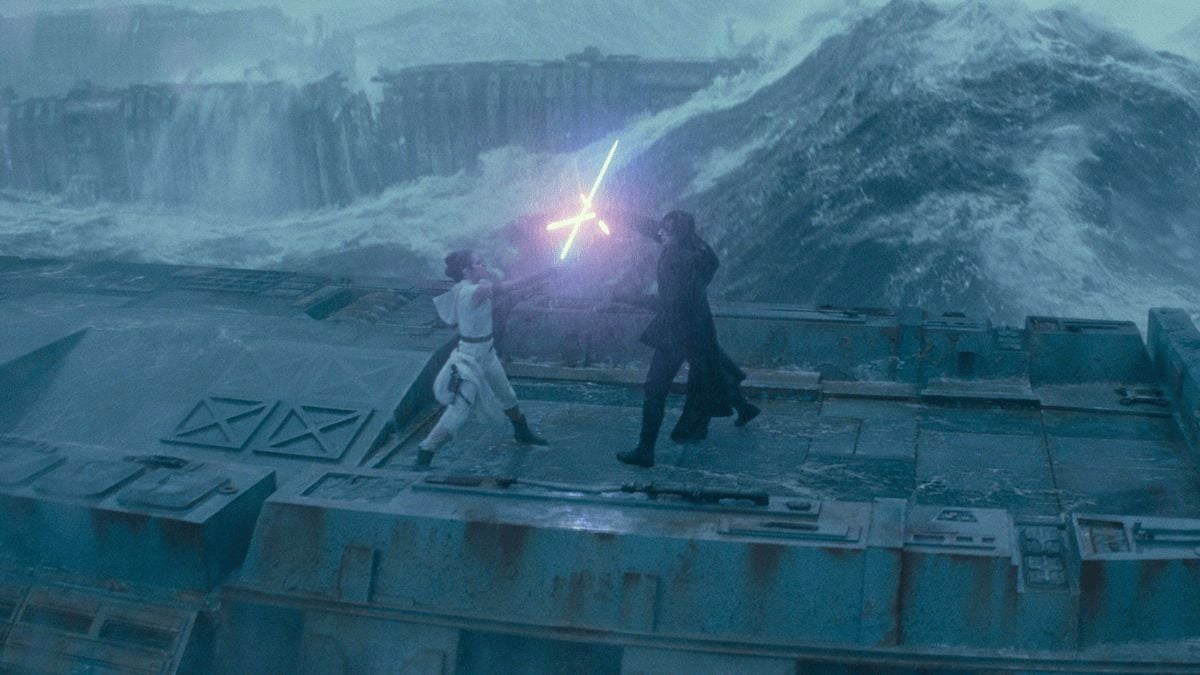When Star Wars: The Rise of Skywalker debuted, there was an atmosphere of electric anticipation. This film wasn’t just another entry in the beloved franchise; it was the culmination of the epic Skywalker saga. Critics, however, were not as impressed as fans had hoped they would be. Let’s explore the reasons why this final chapter didn’t resonate with film critics.
Narrative Complexity Left Critics Wanting
The narrative of Star Wars: The Rise of Skywalker was a contentious point for critics. Many felt that the story was not only rushed but also convoluted, with numerous plot threads introduced and hastily resolved. We knew starting this that any decision we made — a design decision, a musical decision, a narrative decision — would please someone and infuriate someone else,
J.J. Abrams stated, acknowledging the challenge of meeting diverse expectations. This rush led to a story that some critics described as an ensemble chasing after various MacGuffins across the galaxy—a trope familiar to the series but perhaps overused here.
Fan Service Over Story Coherence
An overreliance on fan service was another major criticism leveled at the film. Critics argued that the movie prioritized nods to fans over a coherent story. While some viewers appreciated these moments, others found them distracting or even detrimental to the narrative’s integrity. The sentiment that The Rise of Skywalker essentially boils down to yet another Easter egg hunt to reach the conclusion of the movie,
captures this critique succinctly.


Unfulfilled Character Arcs
The handling of character arcs, especially for newer characters introduced in the sequel trilogy, left many critics disappointed. John Boyega’s Finn, for instance, is cited as being ‘underserved’ despite more screen time. Meanwhile, Daisy Ridley’s Rey faced criticisms regarding unclear motivations and backstory—One of the objections to The Rise of Skywalker is that it seemed to negate the idea suggested in The Last Jedi that the Force might become more democratic—that any child who was “Force sensitive,” regardless of lineage, might develop into a Jedi,
highlighting a missed opportunity to explore deeper themes within her character.


Pacing Issues Diminish Emotional Impact
Critics also pointed out pacing issues within The Rise of Skywalker. The breakneck speed at which the story progressed allowed little time for emotional resonance with audiences. Plot points were often delivered in ‘info dumps,’ and characters rushed from one objective to another without space for development or reflection—The story is delivered in info dumps of exposition and boil down to “get the thing to find the thing to go to the place,”
exemplifies this pacing critique.


Lackluster Conclusion to the Saga
The film’s attempt to provide closure to the nine-film saga was met with mixed feelings by critics. While some elements were praised, others felt that it failed to deliver a satisfying end. As one critic put it, The ending was an entirely derivative retread of Return of the Jedi,
suggesting that instead of offering something new or conclusive, it recycled familiar elements from previous installments.


In summary, while The Rise of Skywalker aimed high as the finale to an iconic series, its narrative issues, fan service emphasis, underdeveloped character arcs, pacing problems, and inability to provide a universally satisfying closure left many critics underwhelmed. It’s clear that concluding such a storied franchise is no easy feat, and opinions on whether it succeeded are as varied as the stars in a galaxy far, far away. What are your thoughts on how this saga ended? Did it rise to your expectations or fall short?

